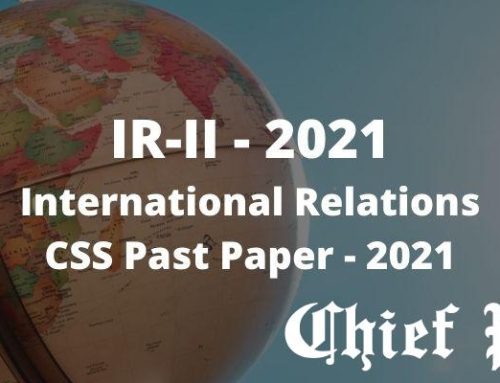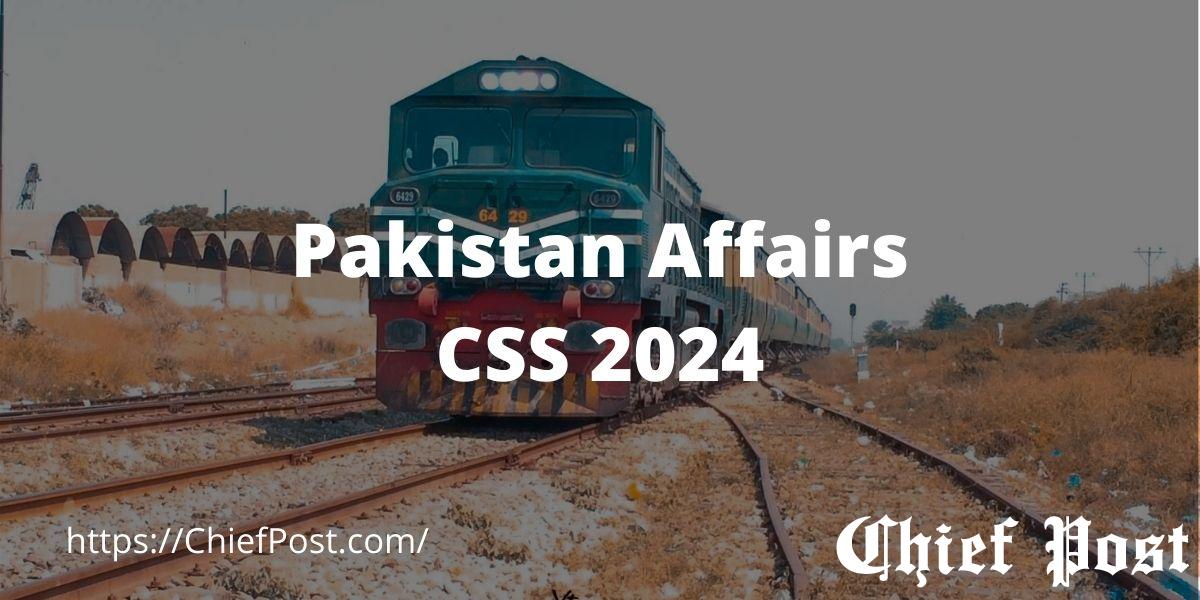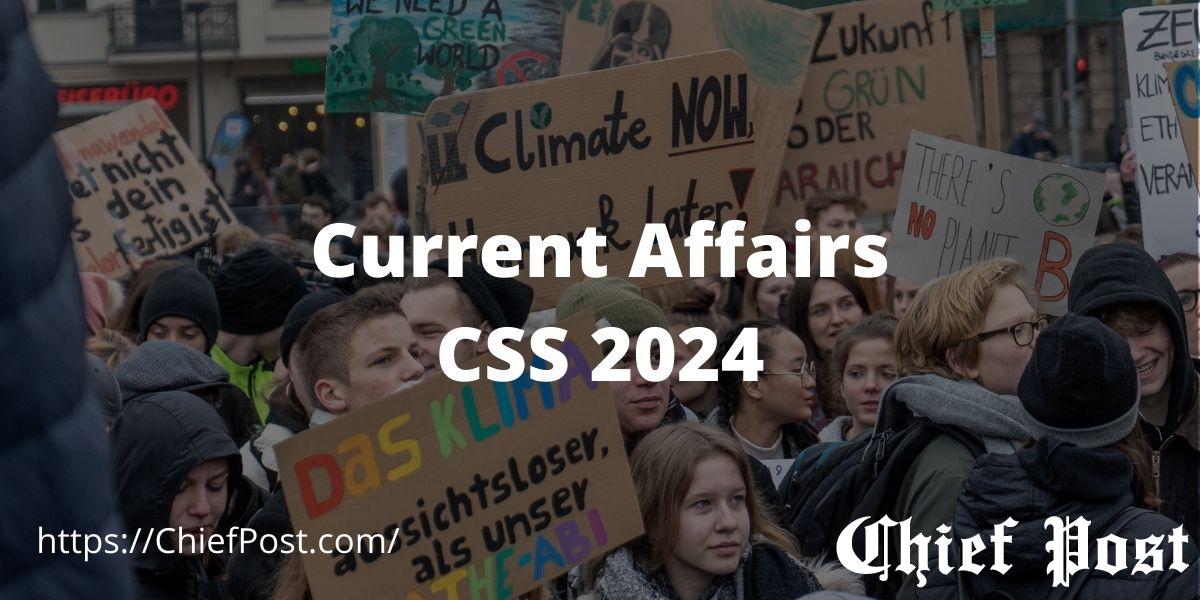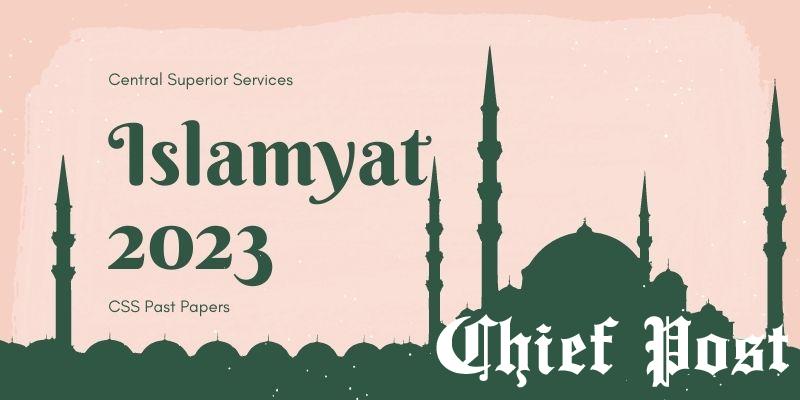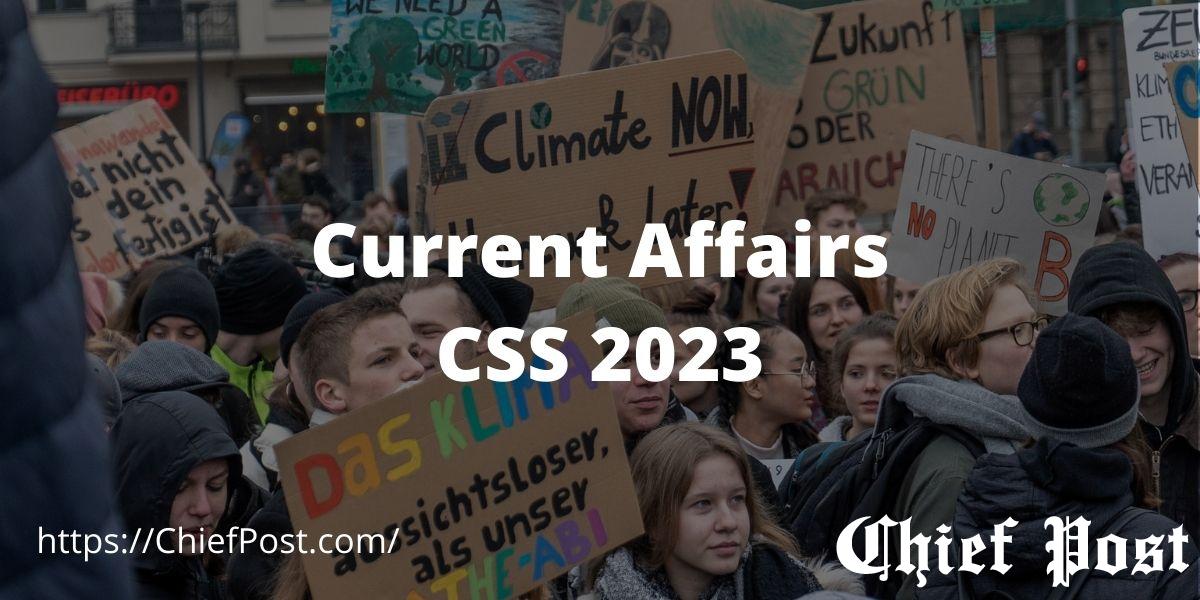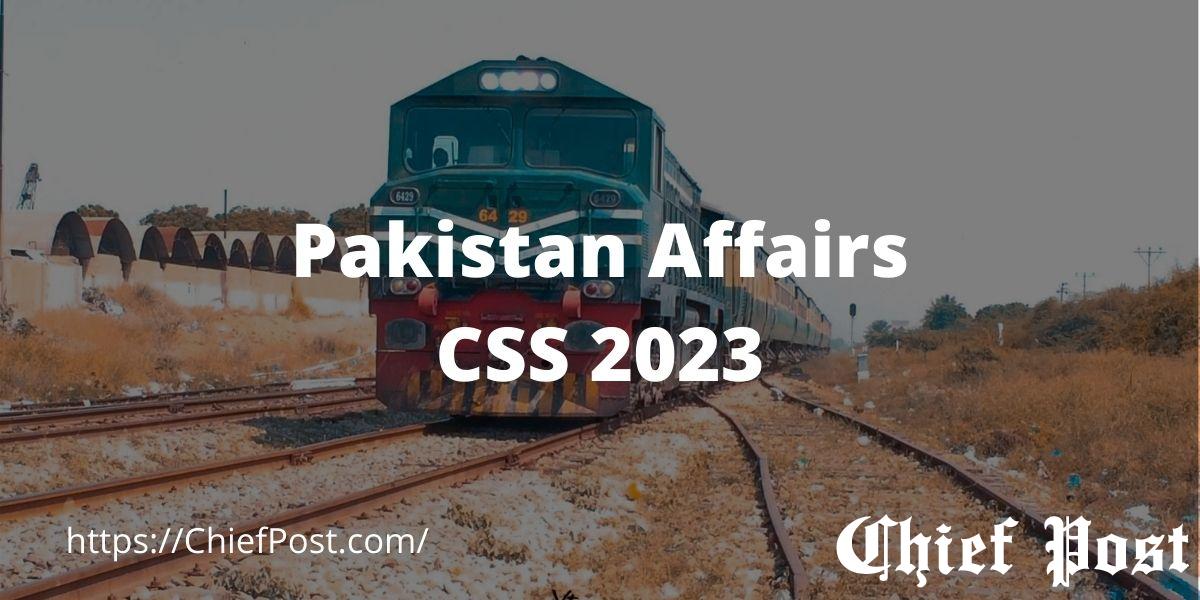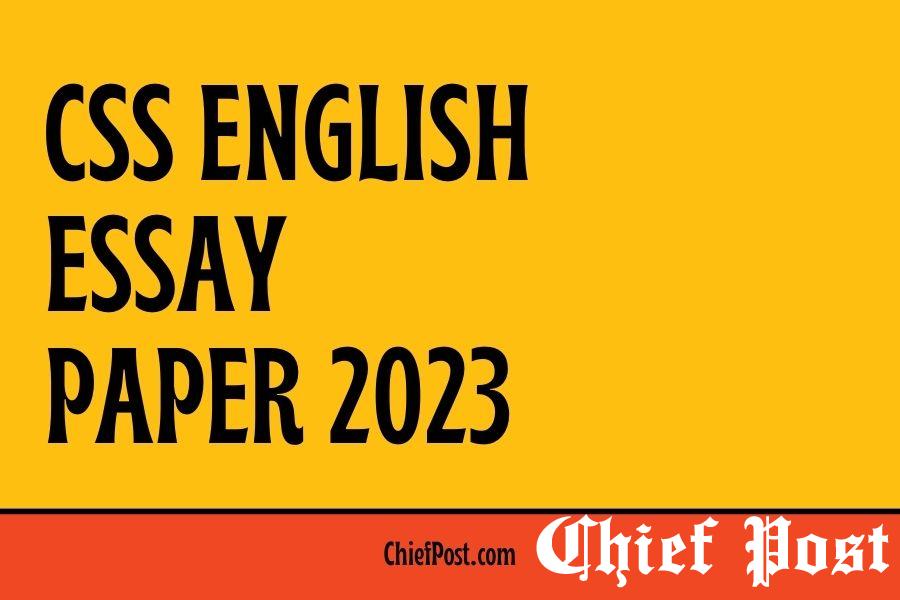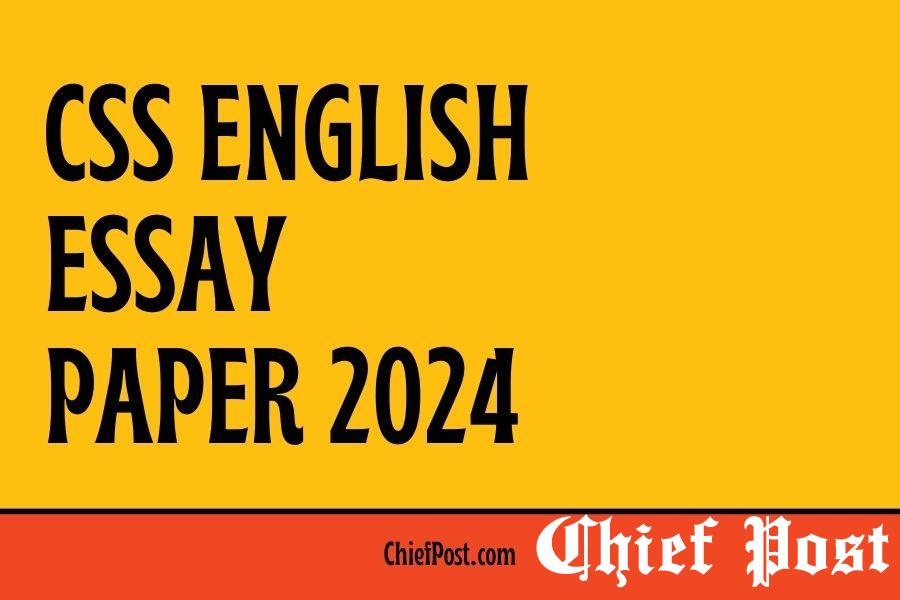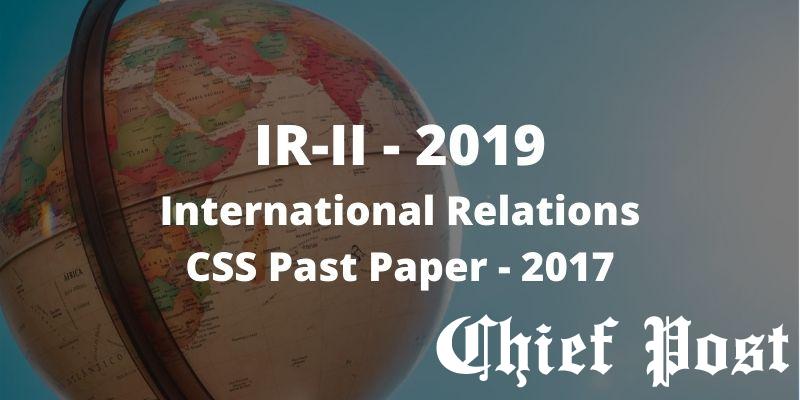
International Relations, Paper II, 2019 — CSS Past Paper
FEDERAL PUBLIC SERVICE COMMISSION
COMPETITIVE EXAMINATION-2019 FOR RECRUITMENT TO POSTS IN BS-17
UNDER THE FEDERAL GOVERNMENT
INTERNATIONAL RELATIONS, PAPER-II
TIME ALLOWED: THREE HOURS
PART-I(MCQS): MAXIMUM 30 MINUTES
PART-I (MCQS) MAXIMUM MARKS = 20
PART-II MAXIMUM MARKS = 80
NOTE:
- (i) Part-II is to be attempted on the separate Answer Book.
- (ii) Attempt ONLY FOUR questions from PART-II. ALL questions carry EQUAL marks.
- (iii) All the parts (if any) of each Question must be attempted at one place instead of at different places.
- (iv) Write Q. No. in the Answer Book in accordance with Q. No. in the Q.Paper.
- (v) No Page/Space be left blank between the answers. All the blank pages of Answer Book must be crossed.
- (vi) Extra attempt of any question or any part of the question will not be considered.
PART-II
Q. No. 2.
What were the foundational principles of Nazism using which Hitler raised to power in Germany? (20)
Q. No. 3.
Cold war is considered as one of the longest peace in great powers’ history. What deterministic factors ensured relative peace in great powers’ relations during the Cold War? (20)
Q. No. 4.
World orders are established by great powers in order to serve their interests. What are the foundations of existing world order(s) and how do they serve the interests of great powers? (20)
Q. No. 5.
SAARC is facing an existential crisis. How do functionalists explain the failure of SAARC as a regional organisation? (20)
Q. No. 6.
How do rational theories of foreign policy explain state decision making? Discuss the tenets of the theory in light of the decision made by Pakistan in response to Saudi request of sending troops during Yemen crisis in 2015. (20)
Q. No. 7.
What benefits India might have gained by joining Missile Technology Control Regime (MTCR)? Highlight possible impacts it may have upon strategic stability in South Asia. (20)
Q. No. 8.
What are the major policy prescriptions of structural adjustment and stabilisation of the World Bank and IMF vis-à-vis Pakistan? (20)
**********

